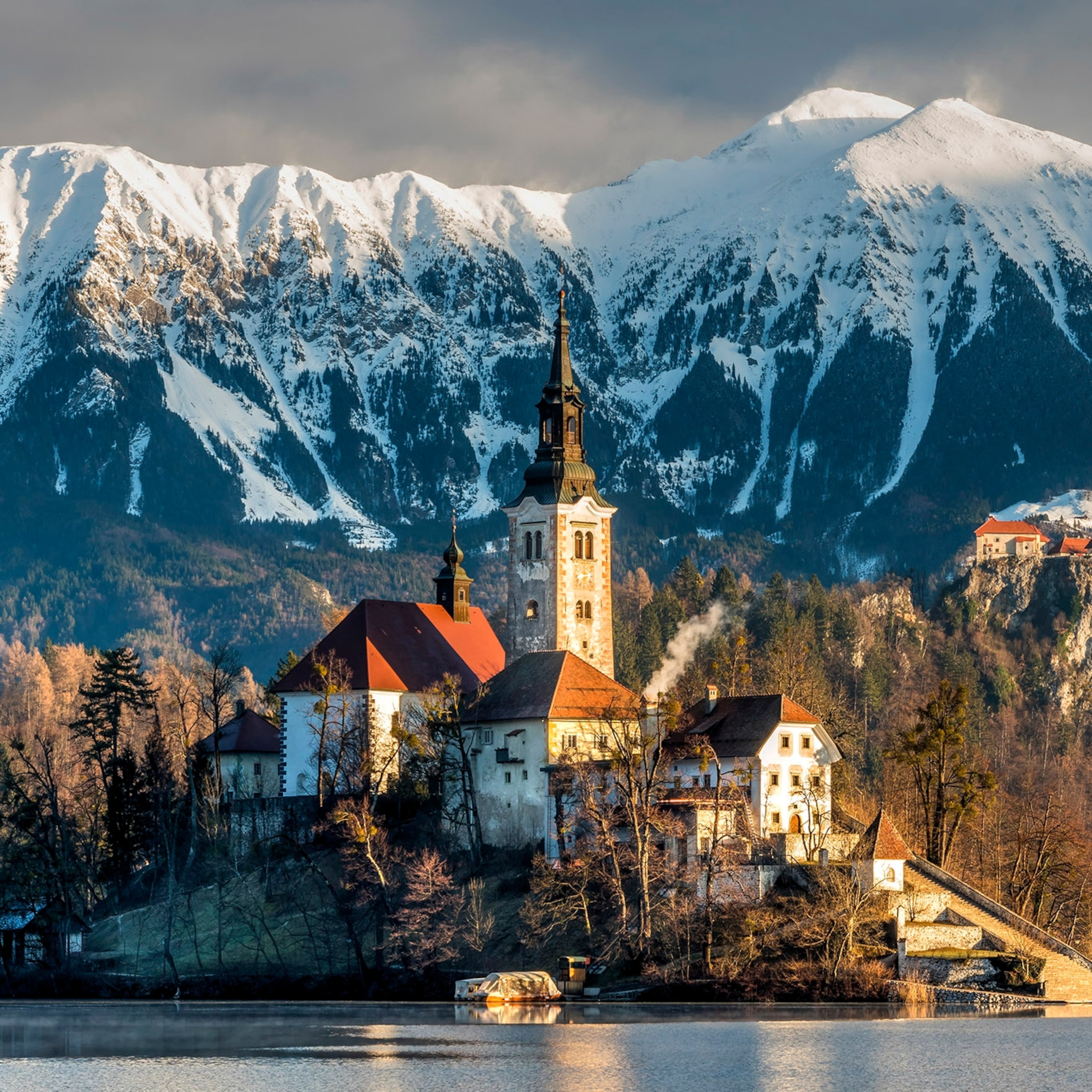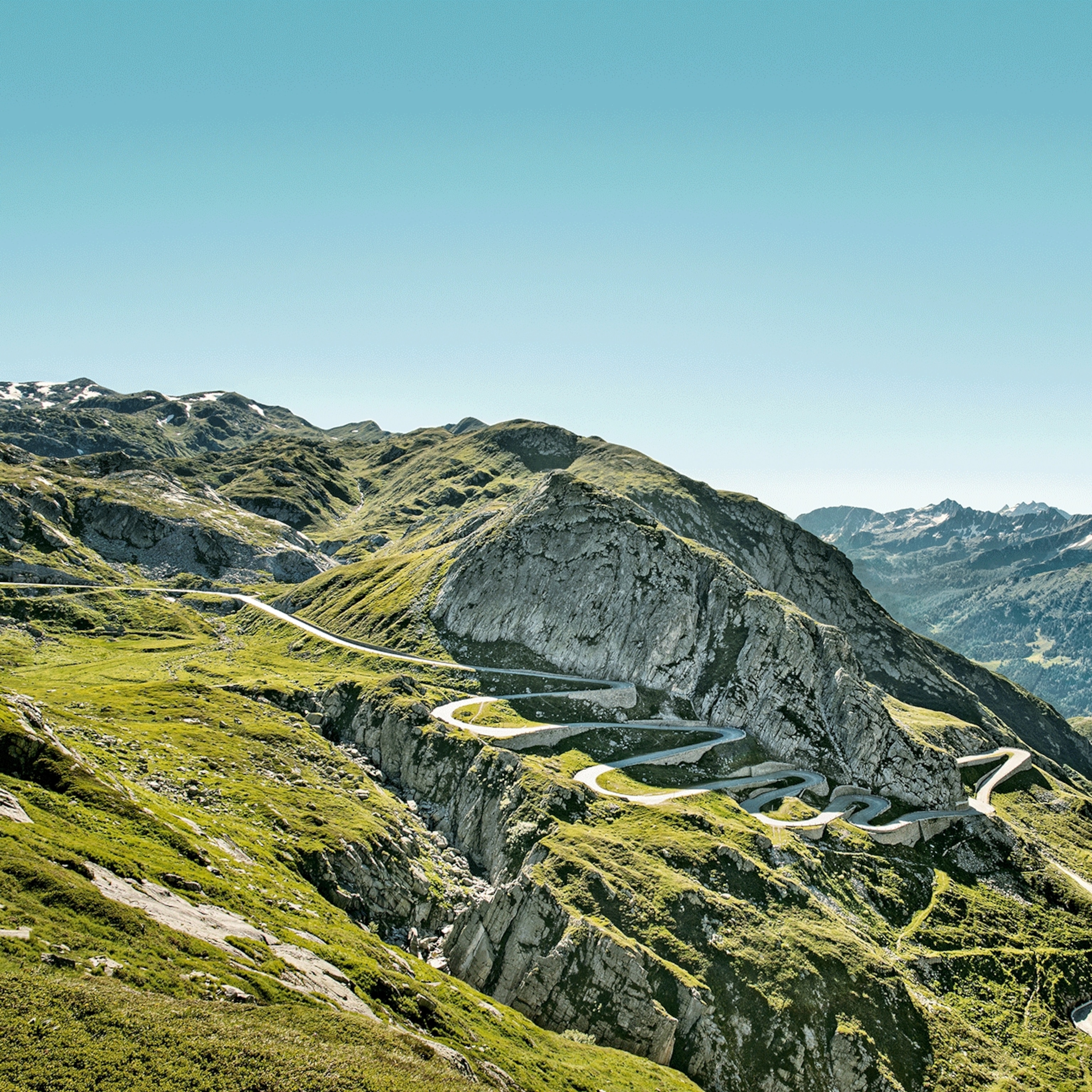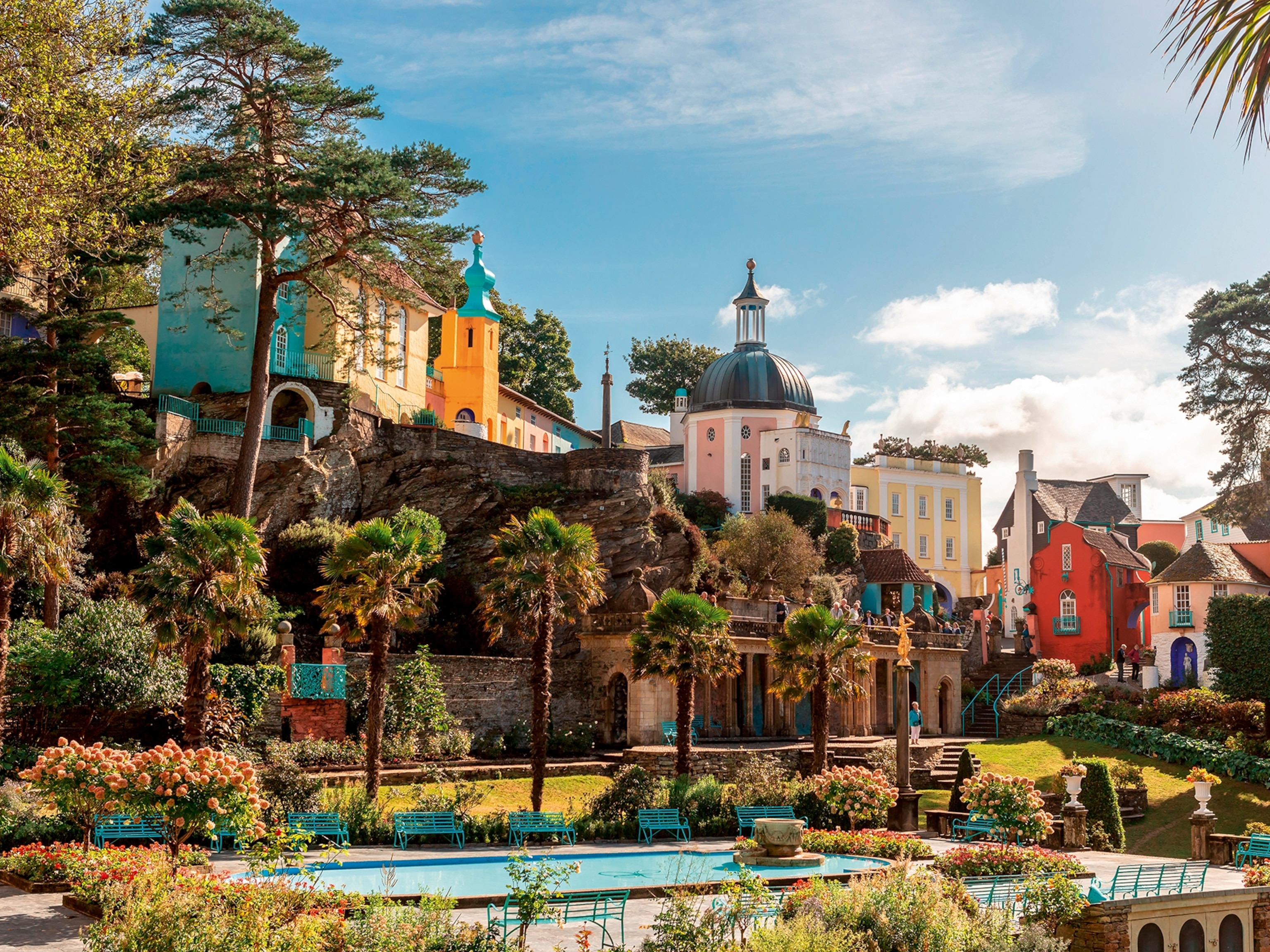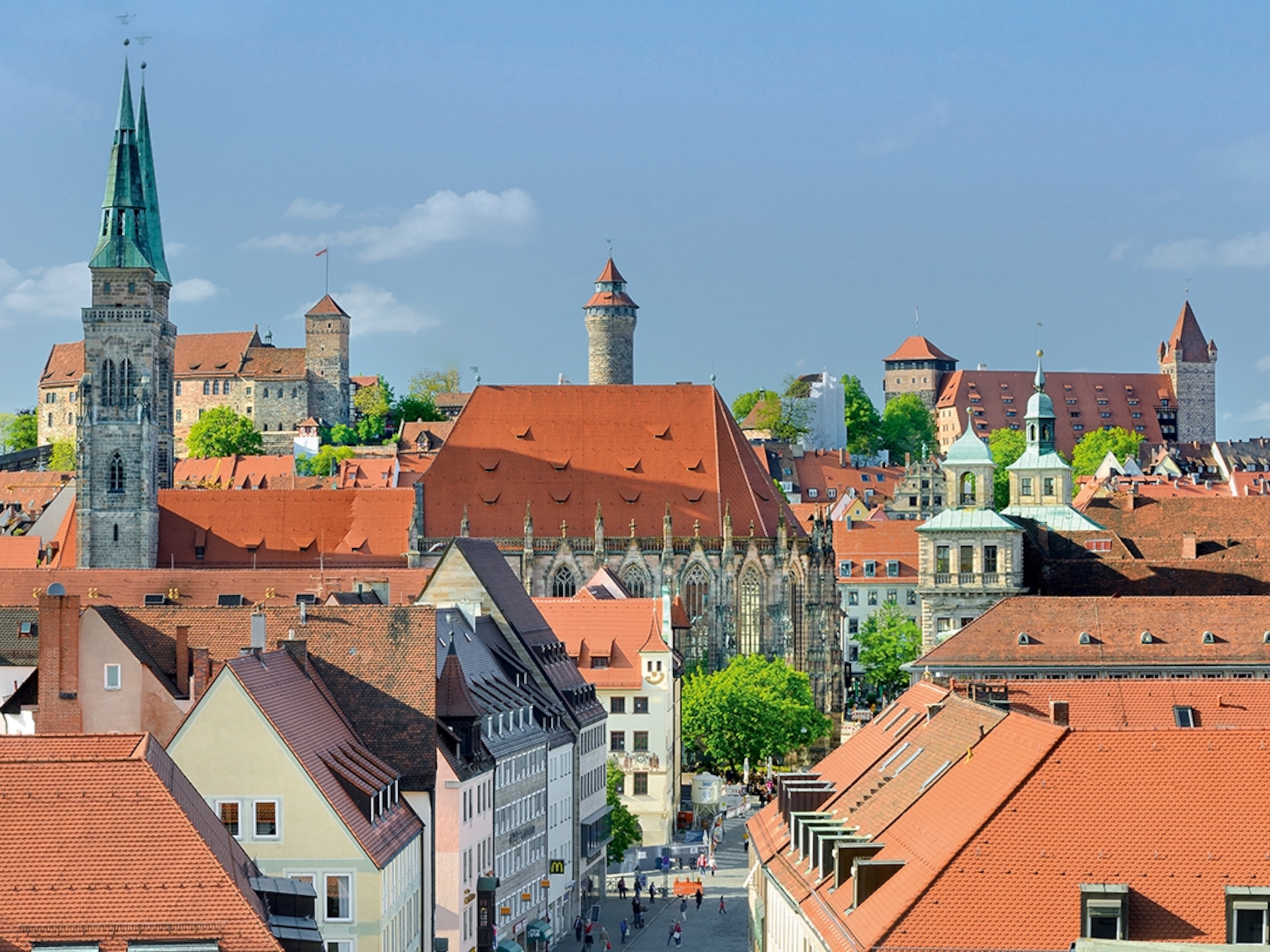
From Valencia to Bordeaux, these European cities are redefining the future of travel
Initiatives like the European Capital of Smart Tourism and European Destination of Excellence celebrate forward-thinking practices in cities across Europe. We take a look at the 2022 winners.
What do Bordeaux, Valencia and Middelfart have in common? These French, Spanish and Danish cities are pioneers in the travel sector, envisioning a new way of welcoming all visitors — one that’s kinder to the planet and spotlights local culture, often through digital innovation and increased accessibility. Bordeaux and Valencia are the joint 2022 European Capitals of Smart Tourism, an annual honour supported by the European Commission, which promotes cutting-edge approaches to tourism across Europe. Middelfart, meanwhile, has won a separate accolade as the European Destination of Excellence 2022 — an award that celebrates sustainable innovation in smaller destinations.
Valencia, Spain
Home to not one but three UNESCO World Heritage sites, Spain’s third-largest city provides the best of both modern and traditional for every visitor. Aiming to become carbon neutral by 2030, Valencia has ample cycle lanes by the coast, as well as fountains for refilling water bottles and a fine selection of restaurants focused on local, homegrown food. There’s no wasted paper, as all the city’s maps and guides are provided in digital form and tourist resources usable via a QR code. Perhaps even more impressive, this is the first city to measure and certify the carbon and water footprint of tourism, ensuring that every visit has minimal impact on the planet.
Any trip here is sure to encompass the region’s magnificent natural draws, including the Turia Gardens — a green lung in the heart of the city — and La Albufera Natural Park, an ecosystem of paddy fields with a large freshwater lagoon. The lake itself is an important part of history, as it’s said to be the birthplace of paella, an international favourite that can still be enjoyed as part of a boat trip taking in the wetlands and surrounding vegetable gardens.
The list of positives goes on. Valencia’s buses are equipped with technology for the visually impaired, its beaches are accessible to the disabled and there are plans to host the Gay Games XII in 2026. Best of all, the city’s innovative practices enhance its cultural offerings, as historic sites like the Gothic Lonja silk exchange are accessible and sustainable. All the more reason for the European Commission to promote the city as a 2022 European Capital of Smart Tourism.
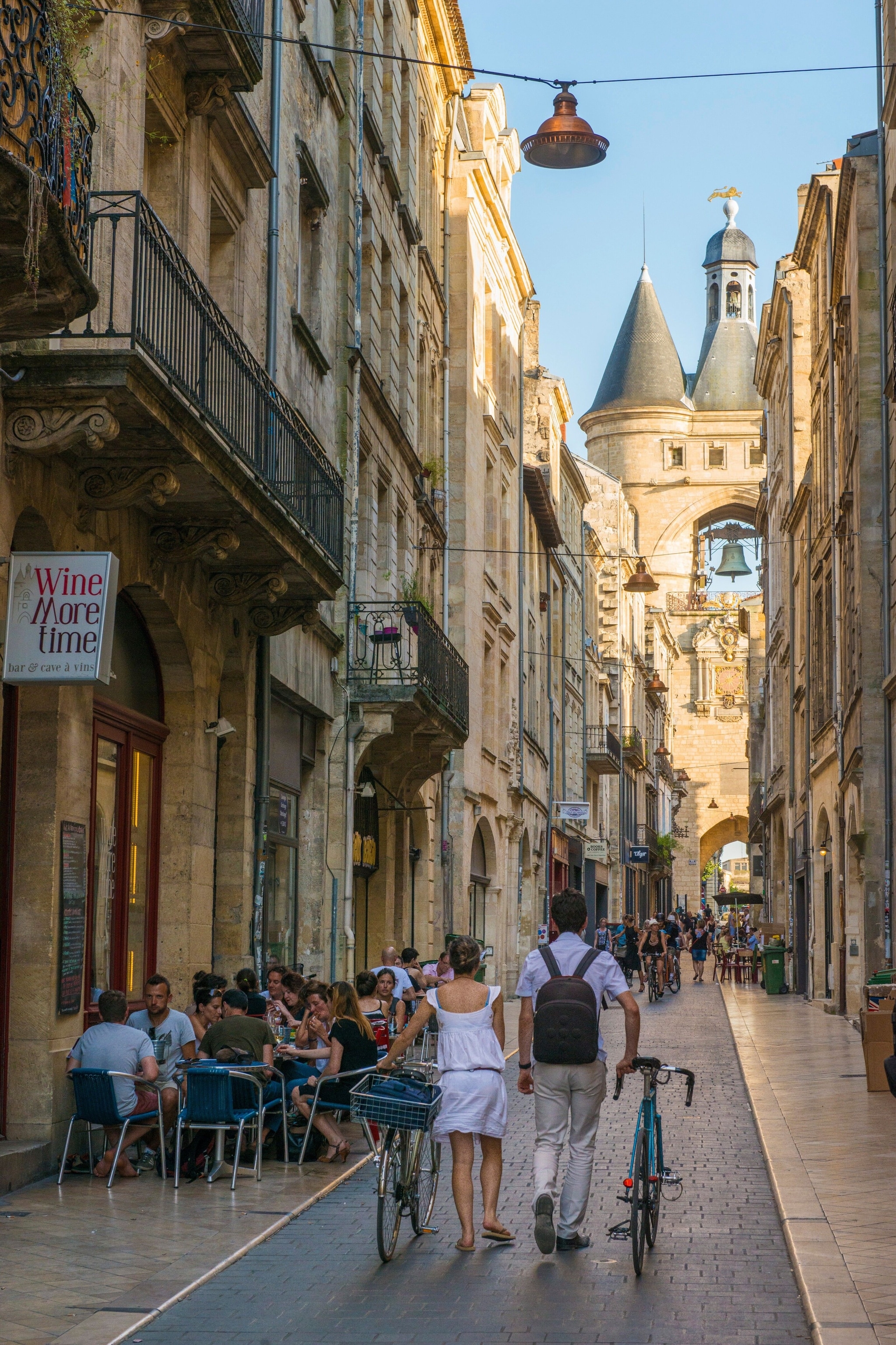
Bordeaux, France
Bordeaux has long been a leading destination in France, with its world-class food, the world’s oldest wine-growing area and monumental architecture. But its progressive outlook and sustainable credentials are now making it innovative for visitors, too.
With big-hit attractions including the cathedral, Place de la Bourse and Water Mirror all within walking distance, the city is straightforward to navigate. This extends to its world-famous wineries, part of the planet’s largest wine-producing region, with 5,500 chateaux spread across 430sq miles. Not only are some of these wineries located within the city walls, but other vineyards are also easily reachable either via bicycle or a network of accessible trams, trains and buses. What’s more, two thirds of the total surface area of the wineries have received environmental certification, with €1.2m (£1m) invested in related research every year.
There are ample facilities for the green tourist, too, from water-bottle-filling stations to eco-hotels such as Eklo and Le Domaine de Raba, which visitors can find through wegogreenr.com. Any visit must include a trip to the Darwin Experience, a former military barracks turned hub for skating, street art, electro music and biodiversity: come for a mosey and Sunday brunch and leave well-educated in everything from composting to climate change.
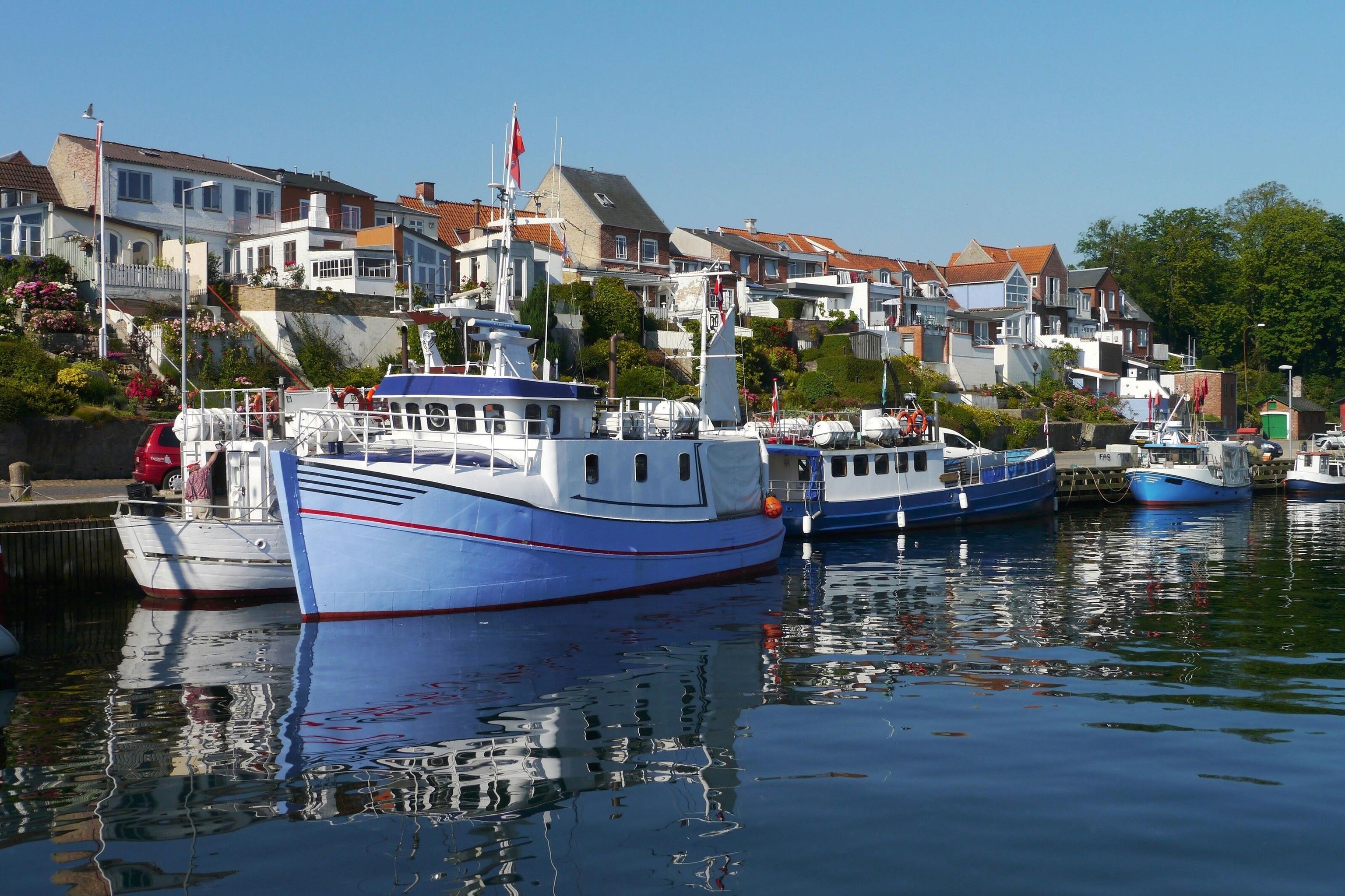
Middelfart, Denmark
Located on the banks of the Little Belt strait, this market town in central Denmark is making its name on the European travel scene thanks to its ambitious spirit. In fact, with a commitment to sustainability that far outweighs its small size and population of 15,000, Middelfart is the 2022 European Destination of Excellence (EDEN) — a worthy winner on many levels, with eco-credentials to rival bigger cities in Europe and match its busy calendar of events and plentiful nature-tourism opportunities.
Preserving the area’s flora, fauna and good water quality is a priority for the town, and evidence of the city’s commitment to sustainability comes in the People’s Climate Meeting (Klimafolkemødet), a national event held in Middelfart every September. Increasingly popular, it brings together politicians, stakeholders and citizens to find solutions to climate challenges.
No matter the time of your visit, one of the biggest local draws is the nearby Little Belt Nature Park. The biggest marine nature park in the country, it’s densely populated with porpoises, which can be spotted along the 71 miles of coastline or on a whale safari. For uninterrupted views of this marine landscape, opt instead for a tour of the 213ft-high Old Little Belt Bridge, a physical and cultural link between the islands of Jutland and Funen.
Back in the old town, between the historic churches and the castle, visitors can browse various independent stores, which receive support from the local government on their path to sustainable entrepreneurship. Then, at the end of the day, bed down in one of many certified eco-friendly hotels.
For more information about the European Capital of Smart Tourism and the European Destination of Excellence initiatives, visit: smarttourismcapital.eu and ec.europa.eu/growth/sectors/tourism/eden_en
Follow National Geographic Traveller (UK) on social media
